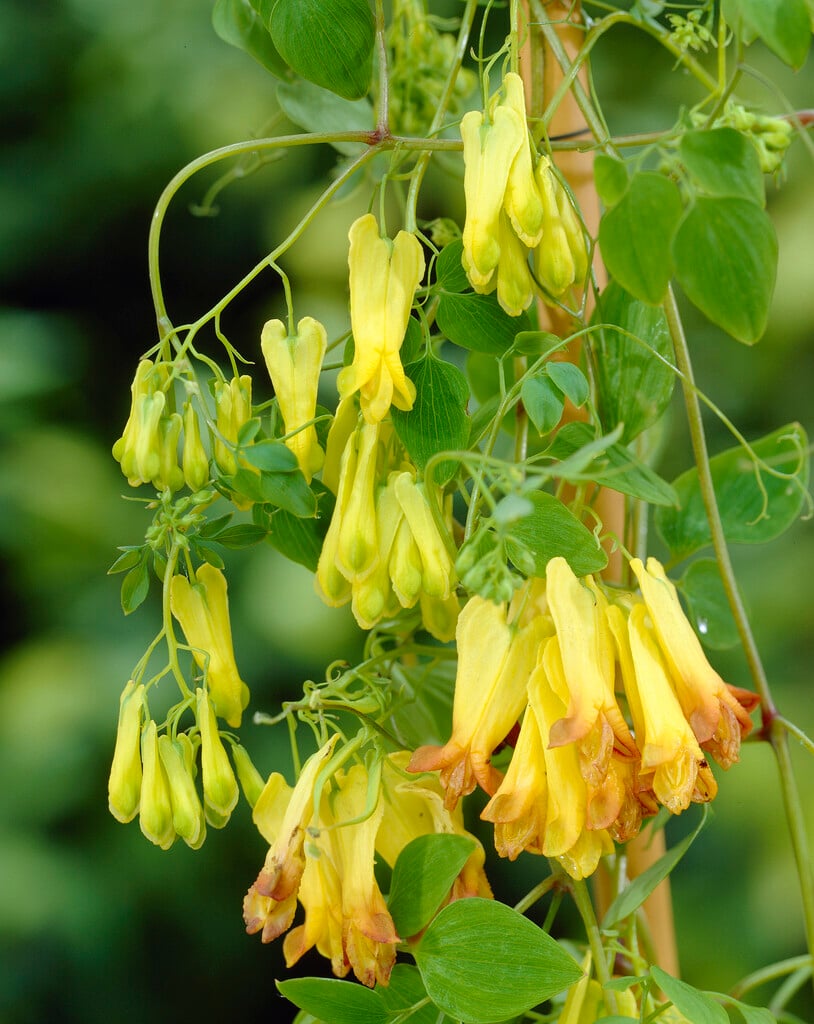Size
Ultimate height
0.1–0.5 metresTime to ultimate height
2–5 yearsUltimate spread
0.1–0.5 metresGrowing conditions
Moisture
Moist but well–drainedpH
Acid, NeutralColour & scent
| Stem | Flower | Foliage | Fruit | |
| Spring | White | Grey Silver Green | ||
|---|---|---|---|---|
| Summer | Grey Silver Green | |||
| Autumn | ||||
| Winter |
Position
- Full shade
- Partial shade
Aspect
East–facing or North–facing
Exposure
Sheltered Hardiness
H5Botanical details
- Family
- Papaveraceae
- Native to GB / Ireland
- No
- Foliage
- Deciduous
- Habit
- Clump forming
- Genus
Dicentra can be rhizomatous or tuberous perennials with attractively divided leaves and pendent, heart-shaped flowers, usually in arching panicles or racemes
- Name status
Correct
- Plant range
- North America
How to grow
Cultivation
This species needs neutral to slightly acid moist soil in partial shade, in a sheltered site
Propagation
Propagate by seed as soon as ripe or in spring, or by division in spring or after the leaves have died down
Suggested planting locations and garden types
- Cottage and informal garden
- Flower borders and beds
- Underplanting of roses and shrubs
Pruning
No pruning required
Pests
May be suscceptible to slugs and snails damaging emerging foliage
Diseases
Generally disease-free
Love gardening
Sign up to receive regular gardening tips, inspiration, offers and more
View our Privacy Policy
Get involved
The Royal Horticultural Society is the UK’s leading gardening charity. We aim to enrich everyone’s life through plants, and make the UK a greener and more beautiful place.
